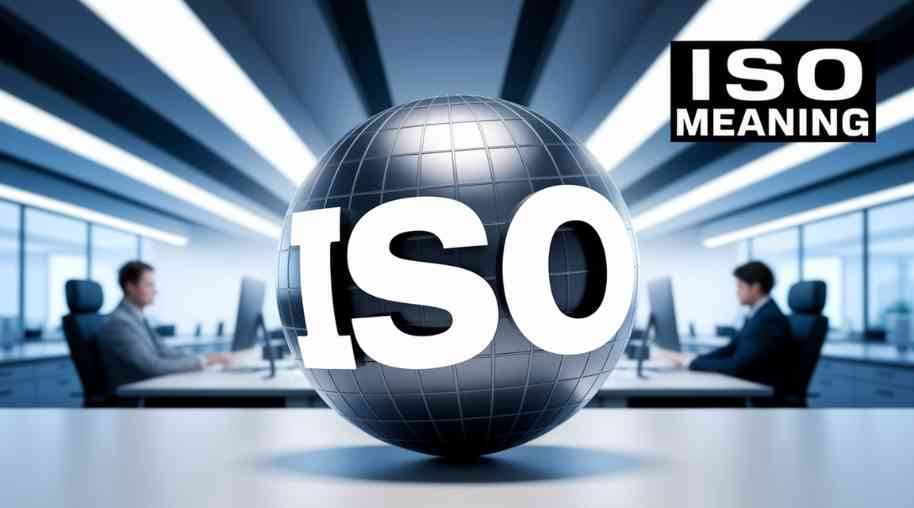ATM Full Form - Automated Teller Machine
Last Updated by Devender
0 4469
What is the full form of ATM?
The full form of ATM is Automated teller Machine.
It is an electro-mechanical machine used for financial transactions by allowing users to withdraw money from their bank accounts without visiting the bank.
A few years back, one had to visit their bank branch every time they wanted to withdraw money but with the advancement of technology and the launch of ATMs, anybody can withdraw money without travelling to the bank.
ATM machines provide a convenient and trouble-free platform where customers can self-service all the transactions without any human cashier.
ATM has made the banking process so simple that one can easily deposit and withdraw cash as per her/his requirement.
ATM History
Here is a brief history of ATM:
- 1960s - Records surfaced of a cash dispenser used in Japan
- 1967 - First ATM was set up by a Barclays Bank Branch in London
- 1970s - Interbank transactions came into existence with modern ATMs
- 2000s - ATMs spread whole over the world in just a few years and gained huge popularity among the masses
- Basic ATMs - These machines can only allow users to withdraw cash and use some basic features like Account Balance, etc.
- Modern and Complicated ATMs - These machines allow users to withdraw cash, deposit cash, credit line payments, transfers and various other facilities
- Cash Withdrawal
- Cash Deposit
- Cash Transfer
- Account Details
- PIN Code Change
- Mini Statements
- Card Reader
- Keypad
- Display Screen
- Speaker
- Cash Dispenser
- Receipt Printer
- 24x7 Service
- Very useful for Travellers
- Less human error
- Faster withdrawal
- ATM reduces the workload on the bank staff
- Limitation on the withdrawal of money
- Frauds are not evitable
- Dispenser errors can cost customers money
ATMs have become an important part of financial transactions and can easily be found in every corner of all major cities in the world. Even the smallest towns are equipped with ATMs in the current times.
ATM Types
There are basically two types of ATMs that are:
How ATM Works
The working principle of an ATM is very simple, let's see how ATM works:
1 Insert your ATM card
The very first step to the functioning of an ATM is the insertion of the ATM Card. Now there are different methods used by different ATMs for reading your card. Some just need a swap of your card while others need to hold your card for the whole transaction.
2 When you put your card in the ATM, the card reader reads your account details and other account information from the magnetic strip.
3 ATM will then ask users to enter their security code/Pin code to verify the transaction.
4 After successful authentication, users have to enter the amount they want to withdraw from their account.
5 ATMs will then check with your bank and dispense the cash in the tray. User can then collect the cash and their card.
ATM Functions
There are various functions by ATMs in today's world. Some of these are:
Basic Parts of ATM
Using an ATM is very easy compared to understanding its working. ATM contains various types of Input and Output tools. Here are the basic parts of an ATM:
Input Devices:
The card reader reads the data on the ATM card that is stored in the magnetic stripe. It sends the collected information to the server for verification.
It allows users to enter the PIN number and the amount for the transaction.
Output Devices
The display screen displays the whole details of the transaction to the user.
Many ATMs are equipped with speakers that generate audio when a key is pressed.
It is the most essential tool in the ATM as it is a place from where the money comes out.
A receipt printer prints the receipts of the transaction that took place. It is very important for users who loves to keep a track of their financials.
ATM Advantages
The various advantages of ATM are as follows:
ATM Disadvantages
Some of the disadvantages of ATMs are:

Share:








Comments
Waiting for your comments